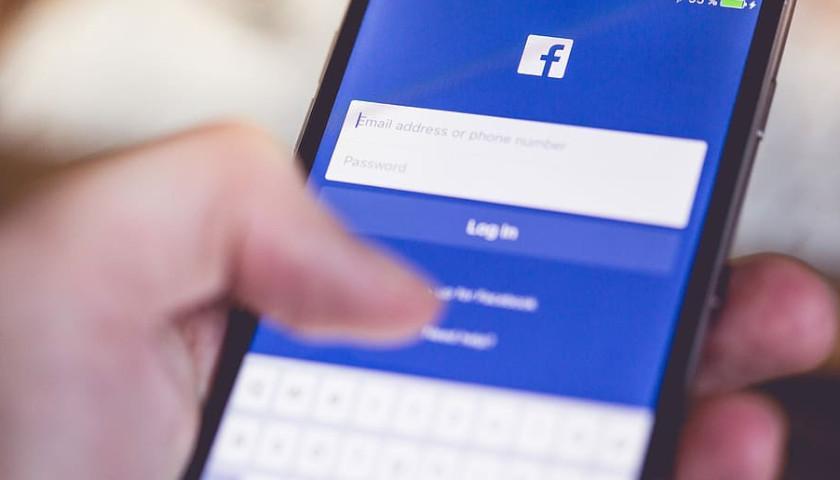John G. Malcolm, vice president at the Institute for Constitutional Government at the Heritage Foundation, said the U.S. Supreme Court’s ruling in Murthy v. Missouri on Wednesday will make it “more difficult for people to challenge a government’s collusion with social media companies” moving forward.
Murthy v. Missouri was brought by the Republican attorneys general of Missouri and Louisiana, along with five individual plaintiffs.
The Supreme Court ruled 6-3 to reverse a lower court injunction barring the federal government from “coercing or significantly encouraging” social media companies to suppress speech, finding that the plaintiffs did not have standing to bring the case.
Justices Neil Gorsuch, Clarence Thomas, and Justice Samuel Alito sided against the majority opinion, which was written by Justice Amy Coney Barrett and joined by Justices John Roberts, Sonia Sotomayor, Elena Kagan, Brett Kavanaugh, and Ketanji Brown Jackson.
Malcolm said that while the nation’s highest court’s ruling was on standing in the case, “It’s going to be a lot more difficult for people to challenge a government’s collusion with social media companies and the intense pressure that they bring to bear on those companies to do the government’s bidding.”
“It was a deeply disappointing decision…The White House put intense pressure on these groups to take down what they called ‘misinformation.’ They put all kinds of pressure and not surprisingly, the social media companies responded by pretty much doing the government’s bidding and taking down these messages, whether it’s about Hunter Biden’s laptop or about challenging the 2020 election or becoming an anti-vaxxer,” Malcolm explained on Thursday’s edition of The Michael Patrick Leahy Show.
“They pretty much did the government’s bidding, but the justices said, ‘No, if you want standing, you have to prove that a particular government agency took action against a particular social message of yours against a particular social media company and that it was that action that caused the social media company to take down your posting. That is a very difficult thing to do,” Malcolm added.
Regarding future litigation challenging the government’s collusion with social media companies to moderate certain content, Malcolm said, “I think somebody should take on what was clear government collusion.”
“A government cannot censor your speech…Somebody needs to call the government out for trying to do indirectly through a third party what it couldn’t do directly,” Malcolm said.
– – –
Kaitlin Housler is a reporter at The Tennessee Star and The Star News Network. Follow Kaitlin on X / Twitter.




